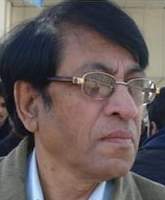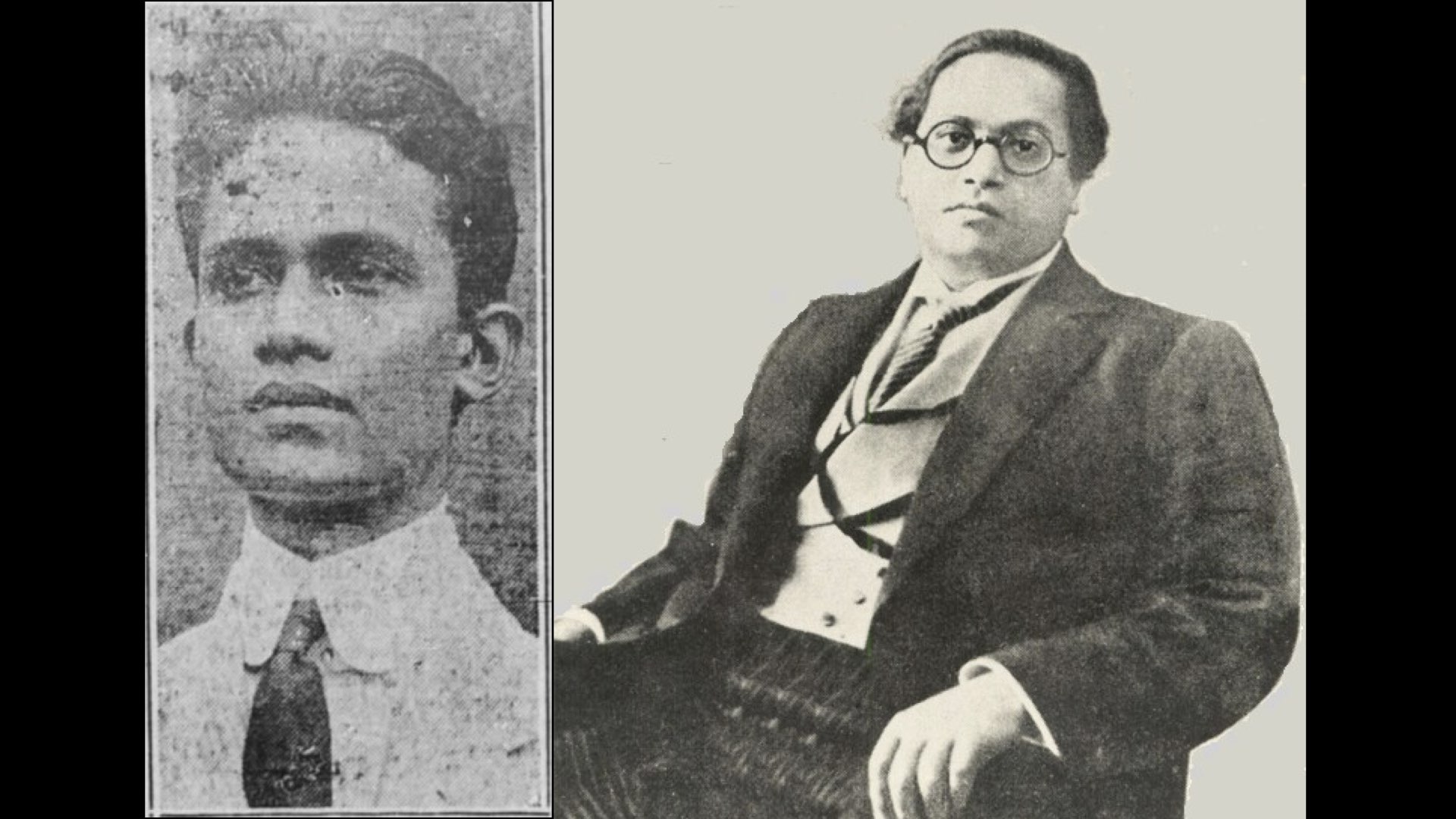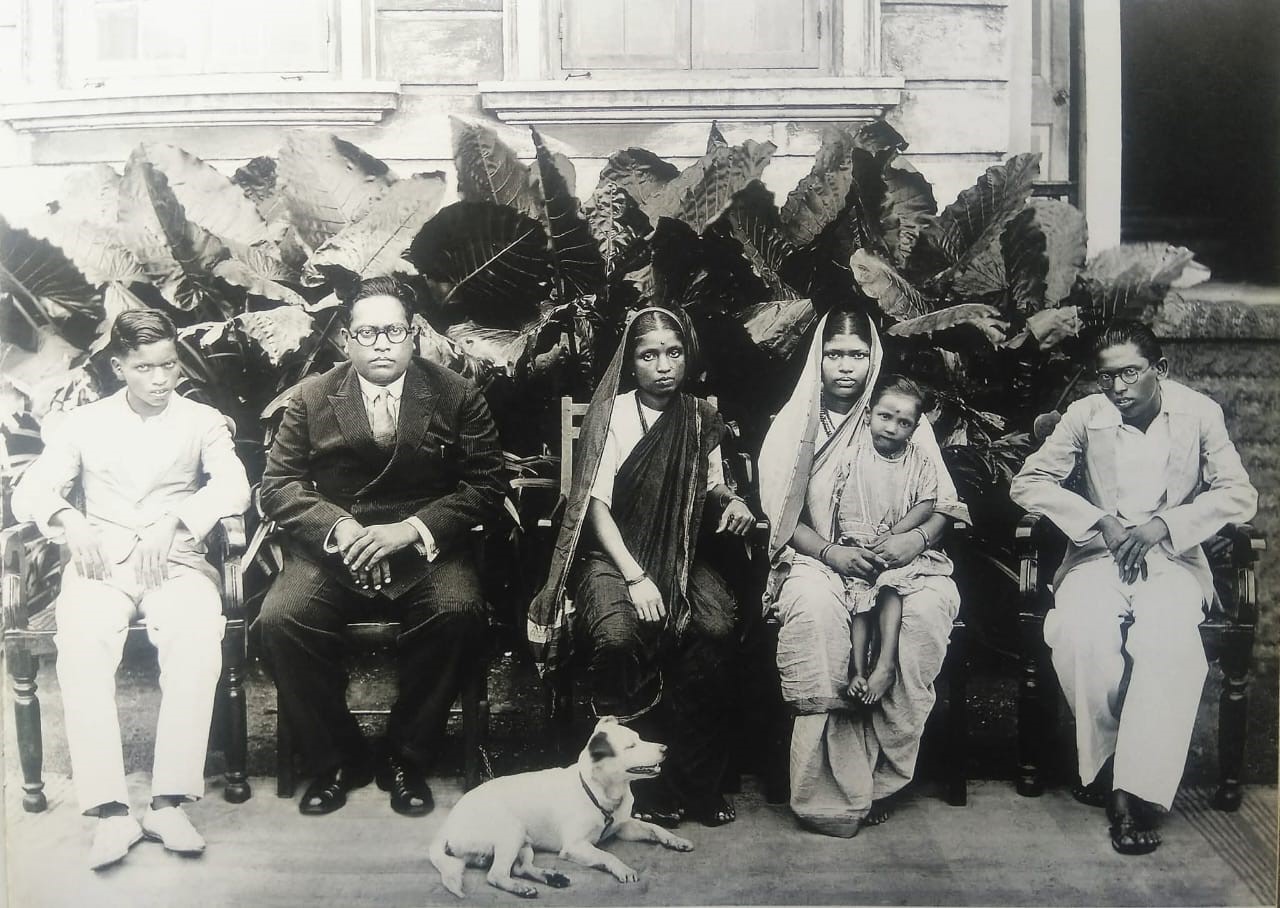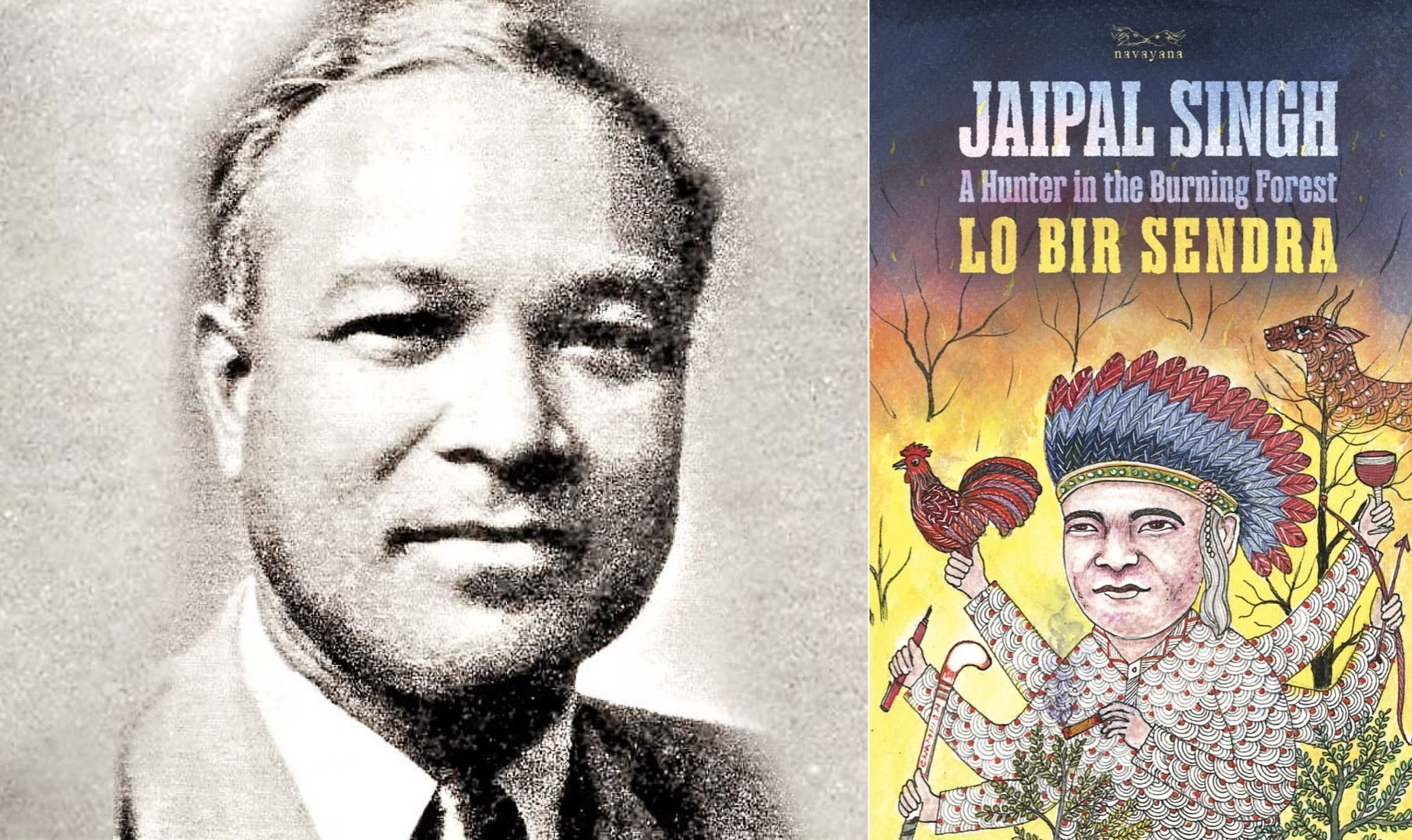Some time in the 1990s, the then Narasimha Rao government announced the plan to have the entire literary corpus of Babasaheb Ambedkar translated into all the Scheduled Indian languages. Until then, these writings existed only in English in 21 volumes. The Rao government had added Konkani, Manipuri and Nepali to the Constitution’s Eighth Schedule, so it was understood that the writings would be translated into these languages, too. Later, the Atal Bihari Vajpayee government included Bodo, Dogari, Maithili and Santhali in the Eight Schedule.
The Ministry of Welfare, the predecessor of today’s Ministry of Social Justice and Empowerment, was made the nodal agency of the project. Dr Ambedkar Foundation, formed in 1992 with the incumbent minister as ex-officio chairman, was tasked with the implementation.

A quarter century has elapsed, but the project is yet to be completed. It is noteworthy that the foundation itself did not implement the project but delegated the job mostly to the state governments and other institutions. For example, Aligarh Muslim University (AMU) was entrusted with the translation of ‘Dr Babasaheb Ambedkar: Writings & Speeches’ into Urdu.
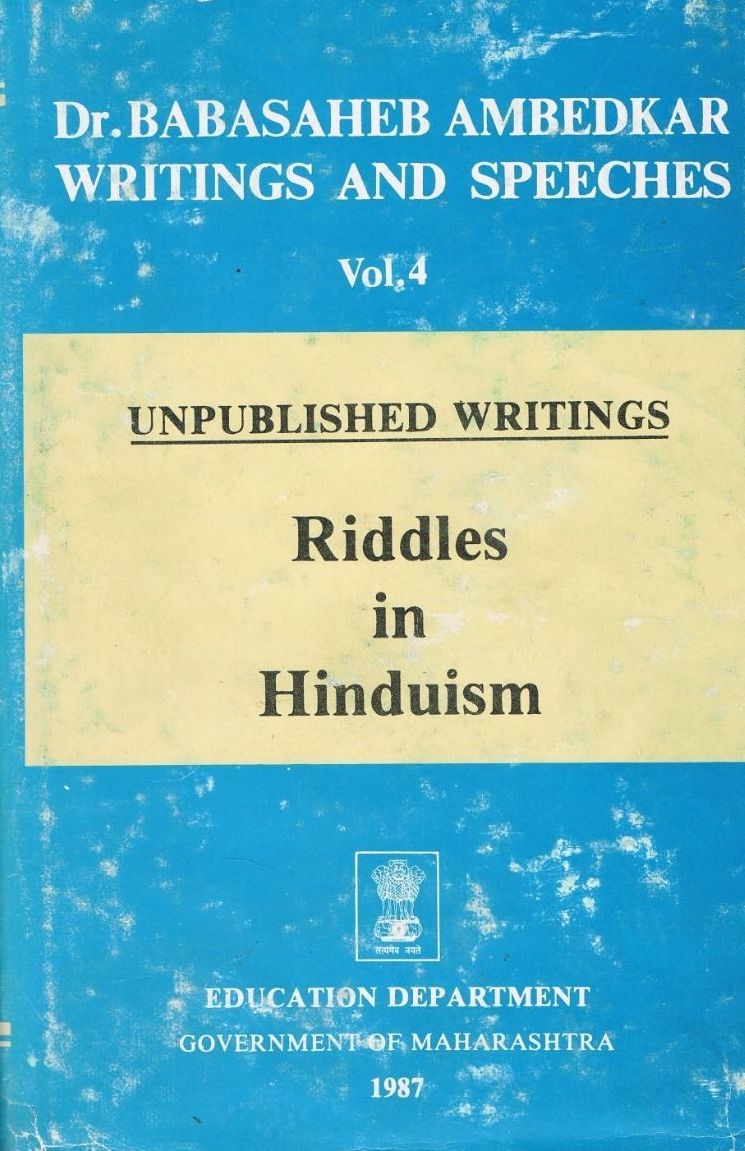
Translation into some of these languages has fallen far behind. There are 10 volumes in Telugu but Volume 10 has been split into four parts. Only four volumes of Dr Babasaheb Ambedkar: Writings and Speeches are available so far in Punjabi. There is no information online on the translation of the writings and speeches in Assamese, Oriya, Sindhi and Urdu, as well as the seven languages that were added to the Eighth Schedule by the Narasimha Rao and Vajpayee governments. Further investigation revealed that there are only four volumes each in Assamese and Urdu.
The current remuneration for translation is only a little higher compared to 25 years ago. This too keeps the translators away from the project. Yet another problem concerns the supply of paper. In publication industry, procuring paper is the publisher’s responsibility – in this case, Dr Ambedkar Foundation; legally, a printer can’t purchase paper from the market for any print job. But a printer told me, on the condition of anonymity, that he was supplied paper for a particular volume five odd years after it was finalized.
But the attitude of the ministers takes the cake. When a volume is published in any language, it has to carry a letter of commendation from the incumbent Minister for Social Justice and Empowerment, who writes “I am glad to learn that …” and so on. The managing editor for the language concerned drafts the letter in the set format and sends it to the foundation’s member-secretary, who then takes it to the minister. However, even though the minister only has to scribble his signature at the bottom, the common complaint has been that the scribbling can take up to five years! Politicians and bureaucrats cannot care less about Babasaheb’s legacy.
Forward Press also publishes books on Bahujan issues. Forward Press Books sheds light on the widespread problems as well as the finer aspects of Bahujan (Dalit, OBC, Adivasi, Nomadic, Pasmanda) society, culture, literature and politics. Contact us for a list of FP Books’ titles and to order. Mobile: +917827427311, Email: info@forwardmagazine.in)
The titles from Forward Press Books are also available on Kindle and these e-books cost less than their print versions. Browse and buy:
The Case for Bahujan Literature
Dalit Panthers: An Authoritative History
Mahishasur: Mithak wa Paramparayen
The Case for Bahujan Literature
Dalit Panthers: An Authoritative History


